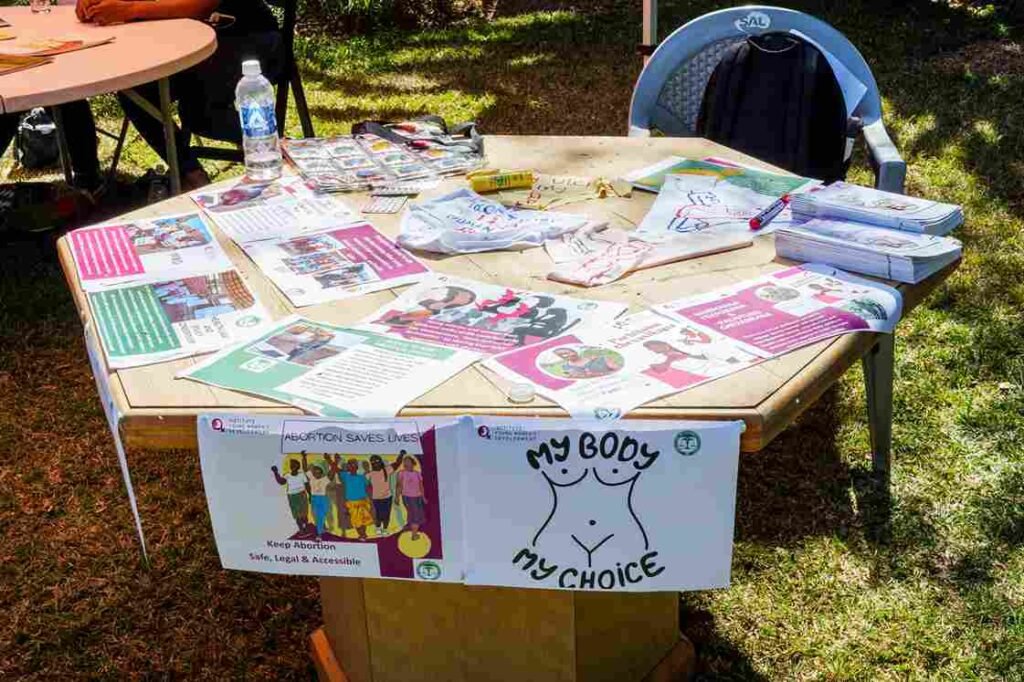Family Guides, Personal Journey, SRHR, Support for Violence & Trauma
Abuse in relationships isn’t always physical—and it’s never okay. For queer Zimbabweans, understanding the different forms of intimate partner violence (IPV) is a powerful step toward reclaiming safety and dignity.
Abuse can be physical, emotional, sexual, financial, digital, or verbal. It often targets your identity, your confidence, and your independence. This guide will help you recognize red flags and take steps toward support and healing.
Physical Abuse
Physical abuse involves the use of force to hurt or control you. It may include:
-
Hitting, slapping, or choking
-
Throwing things or breaking belongings
-
Blocking you from leaving a room
-
Injuring pets or damaging property
If this happens:
You are not to blame. Talk to someone safe and begin planning for protection.
Emotional & Psychological Abuse
Emotional abuse damages your confidence and sense of self. Watch out for:
-
Constant criticism or name-calling
-
Threats to out you
-
Gaslighting (denying your truth to confuse you)
-
Isolation from friends and support systems
-
Controlling who you talk to or where you go
If this happens:
You’re not “too sensitive.” If something feels off, it likely is. Your feelings are valid.
Sexual Abuse
Sexual abuse happens when consent is ignored or manipulated. It includes:
-
Being pressured into sex
-
Feeling scared to say no
-
Forced sex without protection
-
Any unwanted sexual acts
Consent must always be mutual and enthusiastic.
Financial Abuse
Financial abuse involves controlling your ability to earn or manage money. Examples:
-
Blocking your access to money or bank accounts
-
Taking out loans in your name
-
Criticizing your spending
-
Forcing financial dependence
If this happens:
You have the right to financial autonomy. There is support to help you regain it.
Digital / Tech-Assisted Abuse
Technology can be used as a tool of control. This includes:
-
Tracking your location or messages
-
Forcing access to your accounts or passwords
-
Threatening to out you online
-
Sending harassing messages
Set privacy boundaries. Use digital safety tools if needed.
Verbal Abuse
Words can wound. Verbal abuse may include:
-
Slurs, insults, or degrading comments about your identity
-
Yelling, threatening, or shaming you
-
Making you feel small or invisible through constant criticism
If this happens:
You deserve respectful, affirming communication. Abuse is not “just words.”
Control and Manipulation
Control is often disguised as care. Be aware of:
-
Monitoring where you go and who you talk to
-
Pressure to act more “masculine” or “feminine”
-
Attempts to change your identity
-
Guilt-tripping or threats to keep you from leaving
Your identity is not negotiable. You deserve to be free and self-defined.
Subtle Signs of Abuse
Abuse is not always loud or violent. Subtle signs include:
-
Being made to feel guilty for asserting needs
-
Feeling responsible for your partner’s happiness
-
Hearing things like “I’ll die without you”
-
Being emotionally manipulated to stay
If it feels like love shouldn’t be this painful—you’re right.
What to Do If You Recognize Abuse
-
Talk to Someone You Trust
A friend, family member, or therapist can hold space for you to unpack what’s happening. -
Make a Safety Plan
Prepare how and where you can leave safely, and who to contact. -
Seek Professional Support
Find a counselor who understands IPV and LGBTQIA+ dynamics. -
Know Your Options
You don’t have to stay. Safe housing, helplines, and community organizations can support your exit.
Download a PDF version of this guide below.


